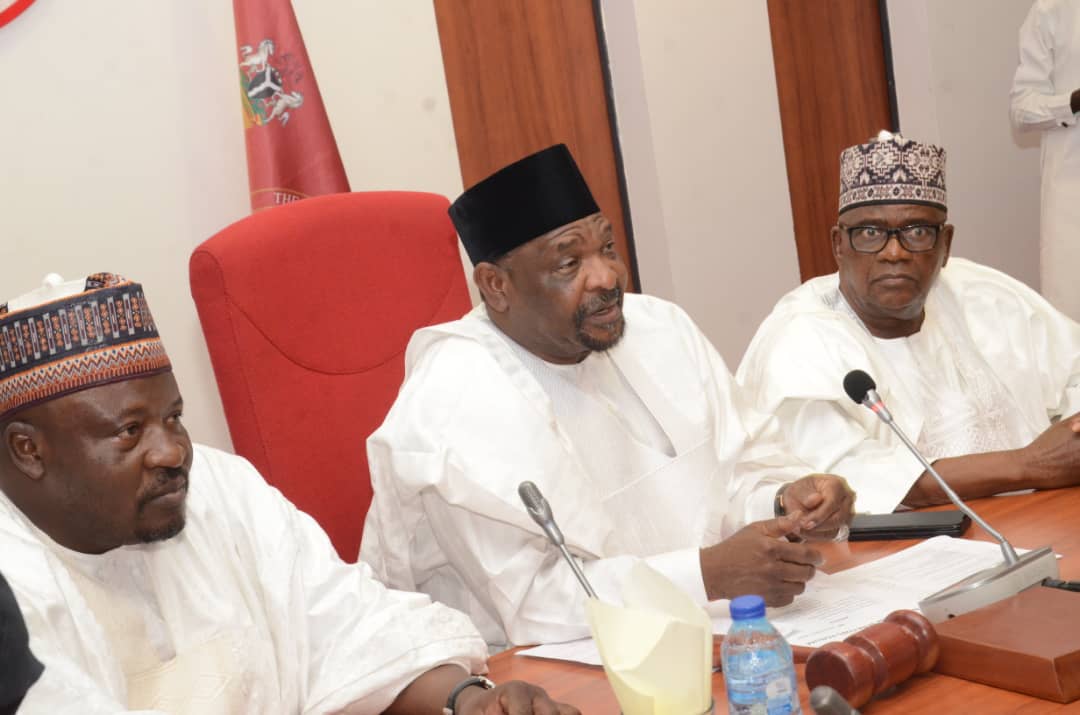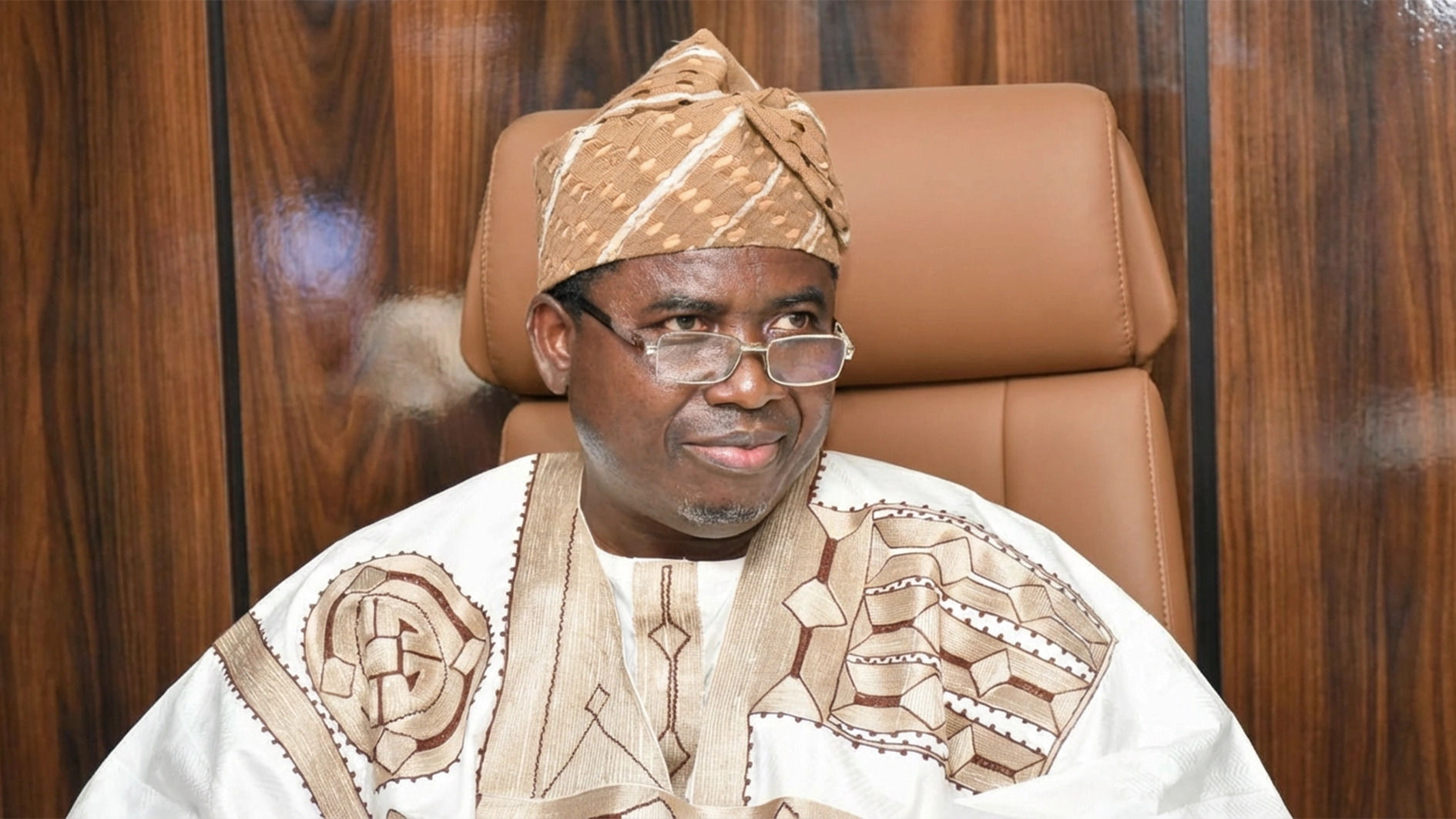Ahead of the 2027 general election, the Independent National Electoral Commission (INEC) has thrown its weight behind extending voting rights to eligible inmates in Nigeria’s correctional facilities.
Chairman of INEC, Prof. Mahmood Yakubu, stated this on Friday during a courtesy visit by the Controller General of the Nigerian Correctional Service (NCoS), Sylvester Ofori, at the Commission’s headquarters in Abuja.
Yakubu noted that the Commission recognises the right of every Nigerian citizen to vote, including those in custody who are yet to be convicted.
According to him, the right to vote is a human right which cannot be taken away from a citizen on account of time being served in a correctional facility.
He explained that in many parts of the world, including Ghana, Kenya, and South Africa, inmates exercise this right.
He acknowledged previous court judgments affirming the voting rights of inmates awaiting trial, citing decisions of the Federal High Court and Court of Appeal in Benin.
According to Yakubu, although the rulings upheld the right of such inmates to vote, they also clarified that the right must be voluntarily asserted and not imposed.
Yakubu said: “The Commission is aware of the judgments of the Federal High Court in Benin delivered on December 16, 2014, and the Court of Appeal, also in Benin, delivered on December 7, 2018, pertaining to the right to vote by five plaintiffs awaiting trial.
“Based on the combined provisions of Article 25 of the International Convention on Civil and Political Rights (1966) and Section 25 of the Constitution of the Federal Republic of Nigeria 1999 (as amended) on citizenship, the court affirmed the rights of plaintiffs who were inmates awaiting trial to vote in elections.
“However, the judges ruled that the right to vote is only exercisable when asserted, as it is a choice to be exercised voluntarily by a citizen and not a duty to be imposed by force of authority.”
The INEC Chairman said a joint technical committee was previously set up between the Commission and the NCoS to review modalities for implementing inmate voting.
According to him, these include access to correctional facilities for voter registration, creation of polling units, and voter education.
He, however, pointed out that certain legal and logistical challenges must be addressed, particularly around Section 12(1)(e) of the Electoral Act 2022, which restricts voting to citizens not subject to legal incapacity.
“You may recall that in recognition of this situation, the Commission had several discussions with the Correctional Service on how inmates who wish to register and vote in elections can do so. We even set up a joint technical committee to review all the issues involved and advise on the way forward.
“You provided us with data on the locations and types of federal correctional facilities nationwide. You also provided us with statistics on the various categories of inmates, the majority of whom are on remand awaiting trial and who may actually be registered voters. For our part, we raised the issue of access to the correctional facilities for voter registration, creation of polling units, and voter education.
“On behalf of stakeholders and for transparency, we also brought to your attention concerns about access to your facilities for observers and the media. Political parties also want to know if they will be allowed to campaign in the correctional facilities and appoint polling agents on election day. We believe that working together with you and the stakeholders, we can address these concerns.
“I wish to reassure the Controller General of the Nigerian Correctional Service that we are united with you in our shared determination to extend voting rights to inmates of our correctional facilities. A meeting like this goes a long way in reaffirming our resolve in this regard,” Yakubu added.
Earlier in his remark, Ofori called attention to the often-overlooked population of over 81,000 incarcerated Nigerians — more than 66 per cent of whom are awaiting trial and, therefore, presumed innocent under the law.
According to him, anybody can find themselves on the other side of the law, adding that the nation needs to be careful how they are treated.
“They have rights, and one of those rights is the right to vote. The fact that they are incarcerated should not strip them of their citizenship,” he said.
Citing a landmark court ruling in Benin and subsequent resolutions by the National Assembly, the Controller General urged INEC to explore ways to structure inmate participation in elections without compromising security or transparency.
“I am here to see how we can, even if not immediately, in the near future, extend this fundamental right to inmates,” he said.






